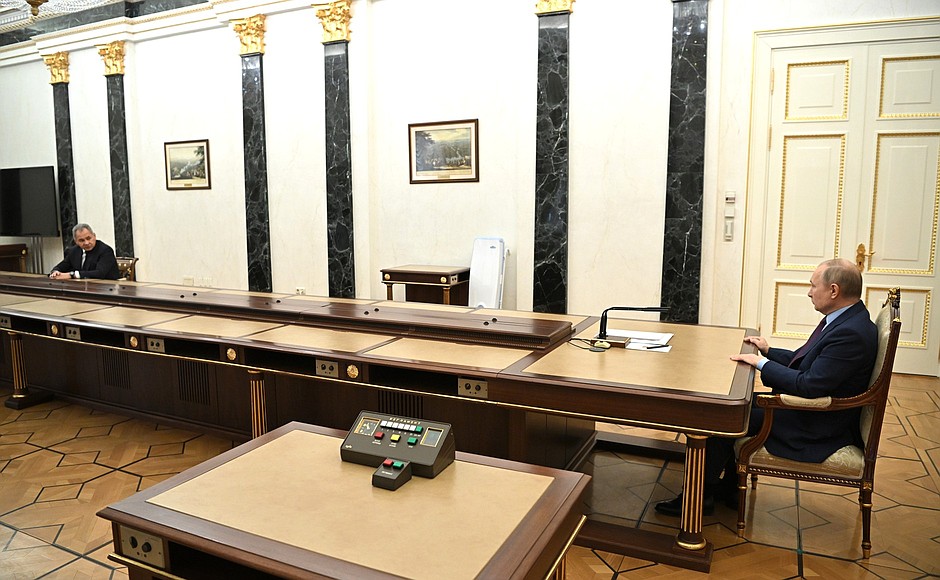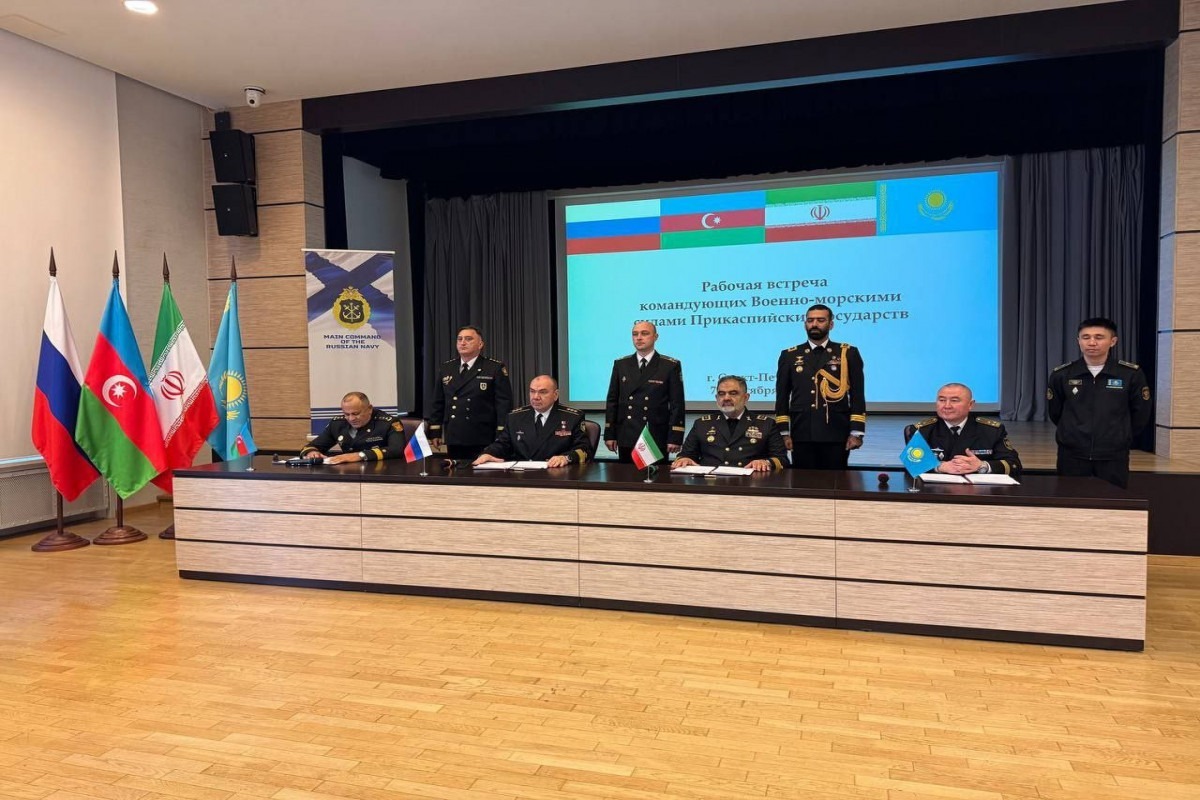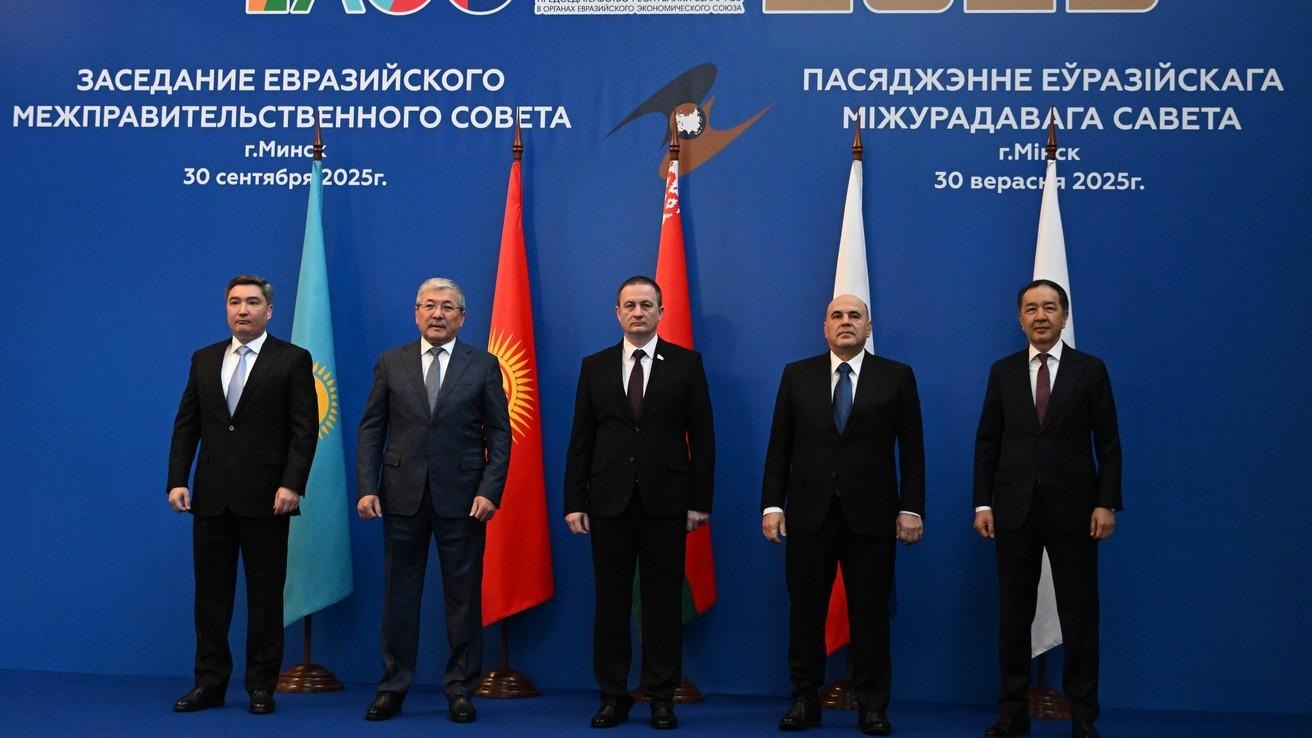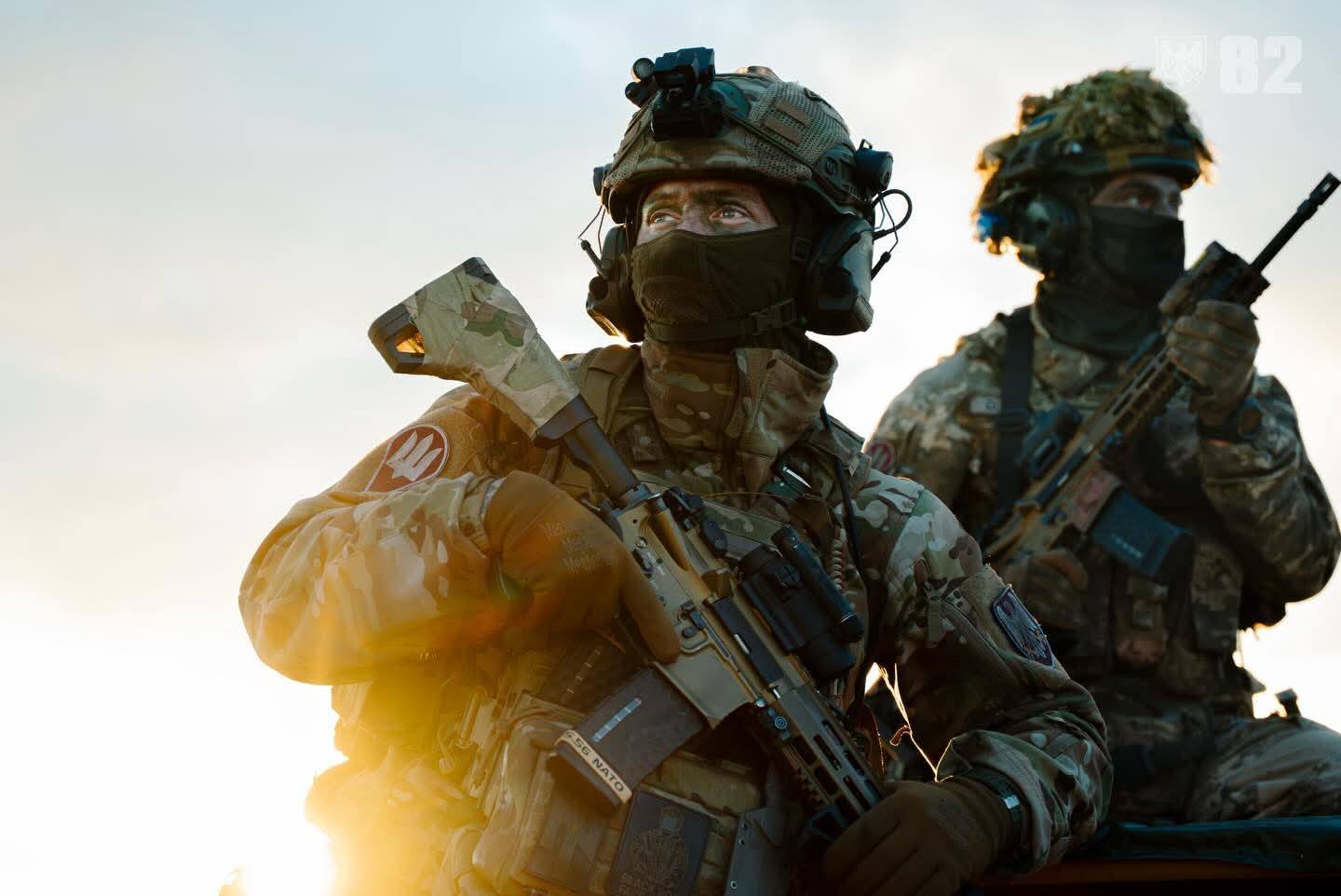
Russia’s Growing Isolation Changes Balance of War
Russia’s Growing Isolation Changes Balance of War
Executive Summary:
- Strengthened Western resolve to roll back Moscow’s invasion is beginning to coincide more strongly with the interests of the “world majority” in seeking renewed global stability.
- The approval of the US aid package to Ukraine could alter the course of war, and a Ukrainian victory would signify a collective win for the international community.
- The Kremlin’s perpetuation of the “long war” against Ukraine has intensified its global isolation and hurt its hunt for partners in the Global South.
Russian troops continue to sustain attacks on Ukrainian positions to the east of Bakhmut and Avdiivka, despite the heavy casualties. These tactical advances feed Russian President Vladimir Putin’s illusion of commanding the strategic initiative on the battlefield, which he has hoped to convert into a foreign policy advantage. Instead, the Kremlin leader finds himself increasingly in isolation. Much to Putin’s frustration, every square mile gained by Russia’s relentless assaults reinforces convictions in Europe and the United States that even a limited Russian victory codified in a ceasefire deal is unacceptable. The determination to prevent such appeasement was on display last week during the European Council summit and the meeting of G7 foreign ministers, where deliberations on the dangerous escalation in the Middle East did not distract attention from the war in Ukraine (Nezavisimaya gazeta; Kommersant, April 17). Against the backdrop of US aid finally being approved, Moscow’s global position continues to weaken as Ukrainian and Western resolve strengthens.
The Russian bombs falling on apartments in Kharkiv have given Ukraine’s supporters fresh motivation for supplying more air defense systems, including the MIM-104 Patriot and Aster 30 SAMP/T surface-to-air missile defense systems (Izvestiya, April 19). These deliveries, together with the forthcoming deployment of F-16 fighters (Greece may also join the coalition), look to alter the balance of the war in the skies, though Ukraine has already scored impressive gains in this regard (Nezavisimaya gazeta, April 14; NV.ua, April 16). After several hits on the Russian Black Sea Fleet and Dzhankoi air base, Ukrainian forces also attacked Russia’s early-warning radar system in Kovylkino, Mordoviya, with newly developed long-distance drones (see EDM; MK.ru, April 18). Another success was the reported missile strike on a Russian Tu-22M3 long-range bomber performing a combat mission in the Odesa direction (Meduza, April 19).
Moscow has been irritated by the European Union’s strengthening commitment to invest greater resources in modernizing the continent’s industrial defense base. The Kremlin had counted on continued indecision in Washington regarding future aid to Ukraine (Valdai Club, April 18). Russian expectations that the escalation of hostilities in the Middle East would demand priority attention from the United States and thus shift resource allocation accordingly, however, have been dashed (Rossiiskaya gazeta, April 16). At long last, the political deadlock in the US House of Representatives was overcome on April 20, and the long-delayed $61 billion aid package for Ukraine was finally approved, much to the dismay of Russian “military-patriotic” pundits (TopWar.ru, April 17; RIA Novosti, April 19). They have good reason to be upset and fear the resonance this breakthrough will have in the international community.
Türkiye is one key country whose fluid balancing act between developing military-technical cooperation with Ukraine and cultivating a strategic partnership with Russia is set to be influenced by Washington’s decision (Nezavisimaya gazeta, April 4). During the second year of the war, Ankara’s act tilted in Moscow’s favor as the volume of Turkish exports to Russia surged. The tightening of the sanctions regime, however, has closed many loopholes for supplying the Russian defense industry with microchips and other materials critical to military production (RBC.ru, April 5). Russian commentators speculate that these restrictions triggered the postponement of Putin’s long-promised visit to Ankara and that Turkish President Recep Tayyip Erdogan is far more interested in his own visit to Washington, planned for May 9 (TopWar.ru, April 12).
Approval of the US aid package also looks to impact China’s position. Beijing has been expanding trade with Russia, and reports are growing that Chinese military equipment is also being provided (Meduza, April 19). Few experts in Moscow argue that China’s economic slowdown makes Beijing more cautious in its foreign policy (Kommersant, April 18). The prevailing tone in Russian commentary highlights China’s steadfast commitment to Russia. To support this commentary, Russian media cites that China Central Television reported China’s commitment to Russia to German Chancellor Olaf Scholz during his recent visit to Beijing (AiF, April 16). Mainstream Russian media opted to ignore an article from Feng Yujun, a professor at Fudan University, who presented an argument for Russia’s inevitable defeat in Ukraine (EurAsia Daily, April 16). His opinion may deviate from official discourse, but it carries the weight of insightful expertise and a more objective take on the war (Republic.ru, April 1; The Moscow Times, April 15).
Every nuance in China’s and Türkiye’s respective positions could make a difference in the proceedings of the forthcoming peace conference in Switzerland, a looming threat to Russian diplomacy (Svoboda.org, April 16). Foreign Minister Sergei Lavrov continues to condemn the initiative for ignoring the “new reality” produced by Russia’s determination to end the war on its own terms. These claims, however, are increasingly seen as counterproductive by those states that have refrained from condemning Moscow’s war (RIAC, April 19). India has become a major voice in the Global South. The Kremlin worries that the benefits of buying discounted Russian oil are becoming more minor for New Delhi while the preference for a just peace is growing in importance (Izvestiya, April 19). Putin’s overarching intention to ensure the durability of his regime by perpetuating his war against Ukraine clashes with the interests of those countries pushing for global stability (The Moscow Times, April 15).
The prospect of Russian victory in this war of attrition has become unacceptable for the West and many rising powers and developing states that aspire to assume greater influence in the world system. Every minor success that Russian troops achieve in the desolate Donbas battlefields reinforces the conclusion of many countries that Putin’s war is unacceptable. Paradoxically, these shallow battlefield advances weaken rather than strengthen Russia’s position internationally. Renewed Western resolve to roll back Moscow’s invasion is beginning to coincide more strongly with the interests of the “world majority.” The approval of the US aid package to Ukraine is sure to boost this resolve and has the potential to alter the course of the war, in which a Ukrainian victory will signify a collective win for the global community.


